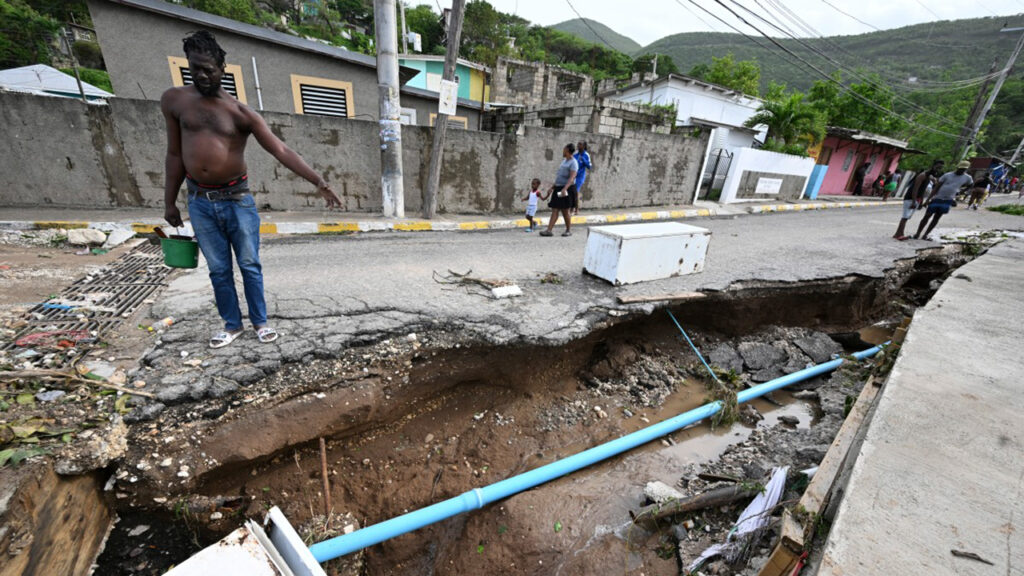Awe Omoniyi Babajide, a Nigerian environmental scientist pursuing his second master’s degree at the University of Toledo, Ohio, has conducted groundbreaking research on Lake Erie’s water quality.
His study focuses on sulfated and phosphorylated microcystins, employing advanced analytical techniques and toxicological assessments to deepen understanding of their impact on health and the environment.
Microcystins, hepatotoxic heptapeptides produced by cyanobacteria like Microcystis and Anabaena, pose significant threats to ecological systems and human health.
Babajide’s research targets over 300 identified microcystin variants, including microcystin-YR, known for inhibiting protein phosphatases PP1 and PP2A.
The presence of threonine, serine, or tyrosine in these compounds allows for phosphorylation or sulfation, potentially altering their toxicity.
Addressing the lack of standards, Babajide innovatively used sulfated cholecystokinin octapeptide to refine methods for isolating sulfated cyanopeptides from Lake Erie.
Integrating Solid Phase Extraction (SPE) with Ultra-High Performance Liquid Chromatography-Photodiode Array Detection-Mass Spectrometry (UHPLC-PDA-MS), he enhanced extraction selectivity and specificity using hydrophilic-lipophilic balance (HLB) and weak anion exchange (WAX) cartridges.
Babajide conducted biochemical assays—Aspartate Aminotransferase (AST), MTT, and Phosphatase Inhibition Assay (PIA)—to evaluate sulfated microcystin impacts on liver cells and protein phosphatases.
Using surrogate standards like phosphate-containing serine (pSer), threonine (pThr), or tyrosine (pTyr), he aimed to characterize phosphorylated microcystin congeners, shedding light on their occurrence and toxicity through in vitro and in vivo models.
His meticulous research aims to refine methodologies and establish new detection standards, potentially enhancing water quality management, public health protection, and U.S. environmental policy.
Babajide’s decade-long expertise in analytical chemistry underscores his dedication and potential for prestigious recognition, highlighting the importance of rigorous scientific inquiry and global collaboration in addressing environmental challenges.











